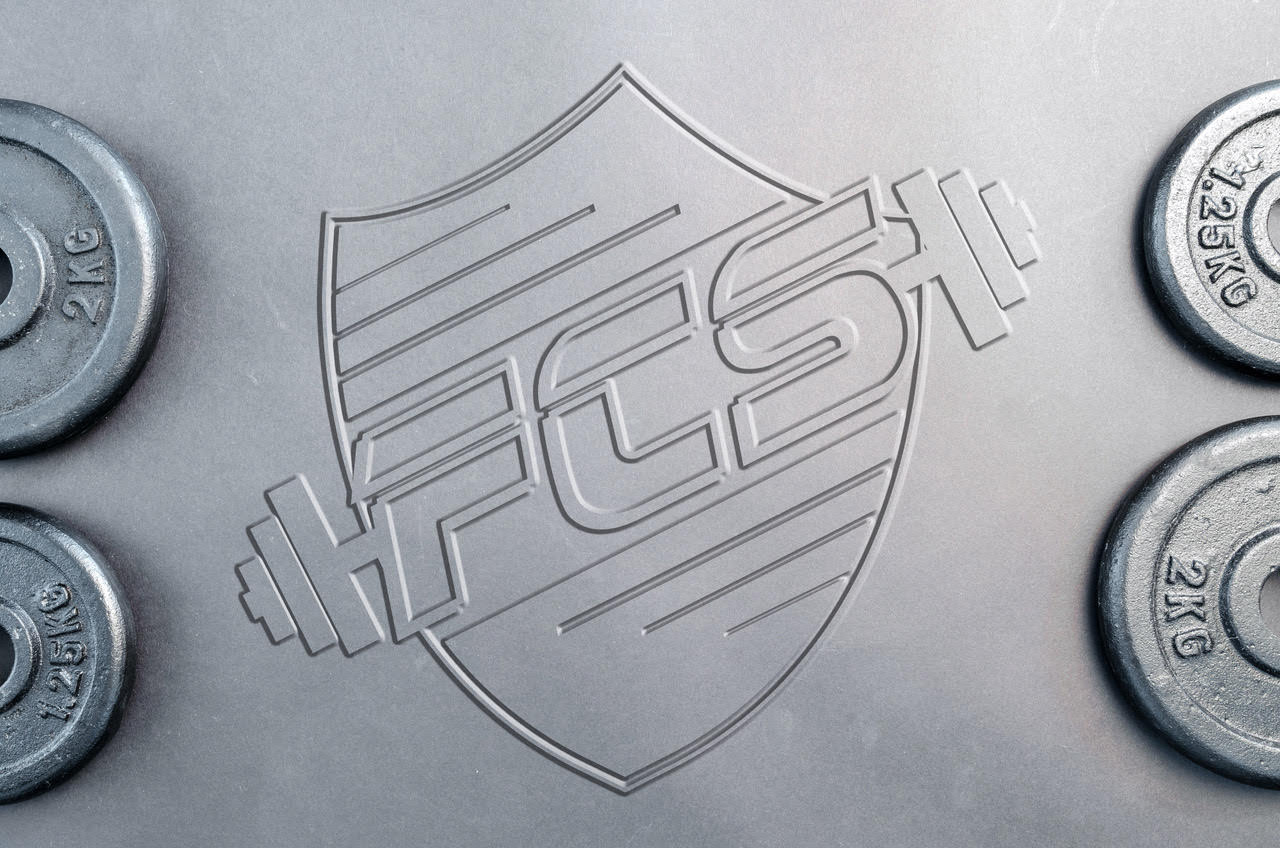Protein Protein Protein! Seriously if you ask the bodybuilders you can’t live without more protein. I’ll admit it’s important and is my favorite macronutrient, especially when it comes packaged as a ribeye steak.
However, seeing as not all of us have a degree in nutrition, or care to read and actually interpret the latest studies how are we supposed to know how much of it to eat, or how much carbohydrate or fat? Should we be following a high protein diet, a low carb diet? Just what exactly does low carb mean, like 50 grams of carbs daily, or is ultra low carb like 20 grams better?
I think we are putting the proverbial cart before the horse a bit here. I’m not sure the first question we need to be asking is how many carbs should I eat, is low fat healthy (in short no), or is 78 grams of protein each day enough?
These questions a lot of times are what I refer to as minutia, they are not really that important. They really only serve to distract us from focusing on the bigger, more important aspects of our health. Those bigger more important aspects are things like eating mostly whole unprocessed foods as close to their natural state as possible. Not to mention making sure we are exercising a couple days a week and incorporating a mix of strength training and cardio.
Most of us could vastly improve our health by doing those two things alone. Even if we are doing those two things pretty well our next question still shouldn’t be one of optimal macronutrient breakdown, because if you are eating mostly whole unprocessed foods you are likely getting a good mix of macros.
Most of the people that have pushed certain dietary strategies are folks that are interested in selling a product or service to you. Weight Watchers I believe followed a mostly low fat point system for a long time, but has since talked a bit more about balance. Atkins is about low carb and eating bacon til you puke (this might also apply to the paleo crowd), which can have drawbacks and advantages based on your own health profile.
In effect these people are “creating a problem” in order to sell you their particular solution. Now these programs may in fact work and provide results, but a lot of times only confuse us further, because we start to believe we have to eat low carb or low fat to be healthy.
There are examples of populations the world over that have enjoyed great health with just about all of these approaches. **Spoiler Alert**There is no magical macronutrient breakdown that we can apply to everyone. Blanket approaches to nutrition are a part of what got our nation into the mess that it is. It is really dependent upon what your goals are, and even then for most of us a nutrition strategy that incorporates a lot of fruits and veggies, healthy cuts of protein, and healthy fats will serve us just fine.
A large majority of people eat processed food and a lot of it, and that is the problem. These foods are typically very high in calories and very low in nutrition. And too many of them consumed regularly and for long periods of time are what perpetuate many of the health problems we face today. A few less than desirable food choices in the short term won’t hurt but you multiply them over months and years and you have a different story.
The biggest disservice these types of programs have done is fooled us into believing that the low fat cookie that is highly processed and loaded with sugar is a healthy choice. Seriously I’ll be the first to admit that I enjoy a delicious cookie but I don’t delude myself that it’s a healthy choice and neither should you.
The biggest disservice these types of programs have done is fooled us into believing that the low fat cookie that is highly processed and loaded with sugar is a healthy choice. Seriously I’ll be the first to admit that I enjoy a delicious cookie but I don’t delude myself that it’s a healthy choice and neither should you.
I would challenge you the next time you go to the grocery instead look at the foods that have all the great so called messages of health on them.
“Part of a low fat diet!”
“Proven to help lower cholesterol!”
“Heart Healthy!”
The messages on those foods are marketing plain and simple, now go take a look at the broccoli, the steak, or the bananas. These foods don’t need a fancy sticker or healthy claim to convince you to buy them, these are the types of foods we should be basing our eating on.
While I could provide a great nutrition plan for you with a great macronutrient breakdown I’d much prefer you work hard and learn what works for you, and not worry too much about how much protein, carb, or fat your eating, at least at first. First get into the habit of eating fruits or veggies with every meal, along with a healthy protein, some fat, and maybe some starchy carbs. Do this in a calorie range to support whatever your individual goals might be and the rest will more than likely take care of itself.
In the fitness/health arena many of the answers are it depends, and the topic of macronutrient breakdown certainly fits that bill. I’m not a fan of extremes one way or the other when it comes to eating (or anything else, really I find myself a middle of the road kind of guy) and I think Michael Pollan said it best in his book In Defense of Food “Eat food. Not too much. Mostly plants”.



Good info Ian!! It can get really confusing out here!
It sure can. Glad it helped!